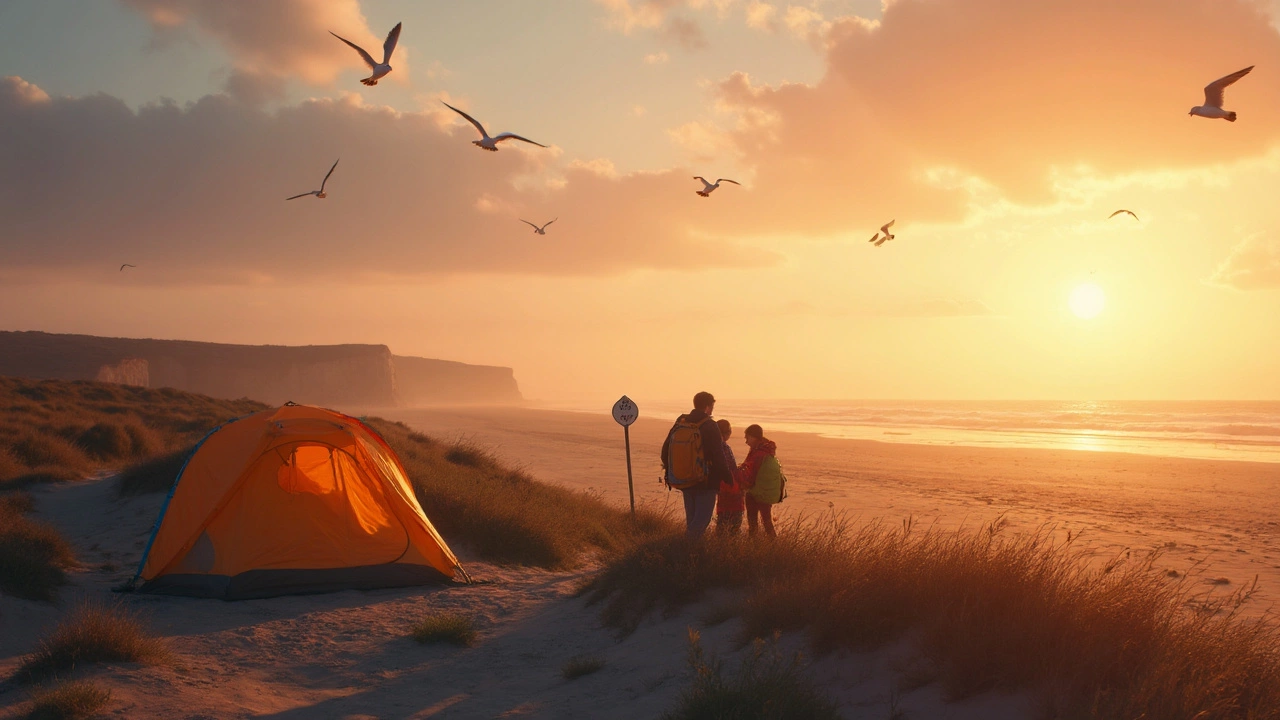Outdoor Safety: Essential Tips for Campers, Motorhome Travelers and Road Trippers
If you love the open road or a night under the stars, staying safe should be as easy as packing your bag. Below you’ll find straight‑forward steps you can take before you leave, while you’re on the road, and when you set up camp. No fluff, just what works.
Before You Go: Planning and Gear Checks
Start with a simple checklist. Map out where you’ll camp or park, and note any local rules – wild camping is illegal in most of the UK, but some beaches and public parks have special allowances. A quick Google search or a glance at our tag posts about beach camping and public park rules will save you a fine later.
Next, give your motorhome or camper van a once‑over. Check tire pressure, fluid levels, and the brake system. Test the on‑board toilet if you plan to use it while moving – many RVs don’t allow that, and driving with a full tank can cause spills. A short test run of the battery‑powered TV or 12‑volt devices will tell you if you need an extra inverter.
On the Road and at the Campsite: Staying Safe Everyday
When you arrive, pick a level spot away from flood zones. Use a chipper or a sturdy groundsheet to keep moisture out of your tent or motorhome floor. Follow the campsite electricity guide – only plug into a correctly grounded outlet, and never overload the circuit.
Fire safety is a must. Keep a bucket of water or a fire extinguisher nearby, and never leave a campfire unattended. If you’re in a public park, check if open flames are allowed – many UK parks ban them outright.
For RV owners, lock all doors and window panels each night. Store valuables out of sight, and consider a portable alarm if you’re staying in a remote area. Keep the propane tank turned off when you’re not cooking, and store it upright in a well‑ventilated spot.Water and waste require special attention. Use the designated dump stations for sewage – dumping in the wild is illegal and risky. If you’re at a beach, follow the Scottish Outdoor Access Code or local beach bylaws to avoid fines.
Weather can change fast. Pack a compact rainfly and a thermal blanket for colder nights. Know the signs of hypothermia and heat stroke, and keep a first‑aid kit handy. Wildlife encounters are rare but possible; store food in sealed containers and never feed animals.
Finally, run through a quick safety checklist before you sleep: doors locked, fire out, lights off, batteries charged, and a clear evacuation route in mind. A few seconds each night can prevent a big problem tomorrow.
Can You Pitch a Tent on a Beach? Facts, Rules, and Real Tips
Not every beach is open for pitching a tent, and the rules can surprise you. This article breaks down where you can camp on the beach, what laws and hidden hazards to watch for, and why some spots are worth the fuss. You'll find practical advice on spotting the perfect site, dodging common mistakes, and making your beach camp safe and fun. It also covers less obvious details that matter, like local wildlife and unexpected weather twists.
